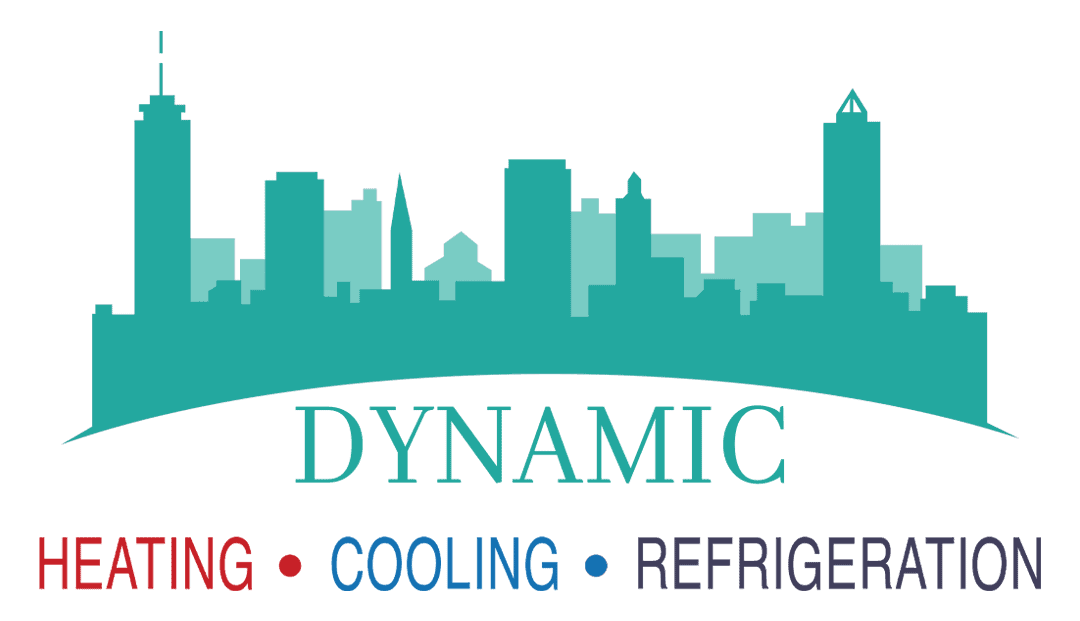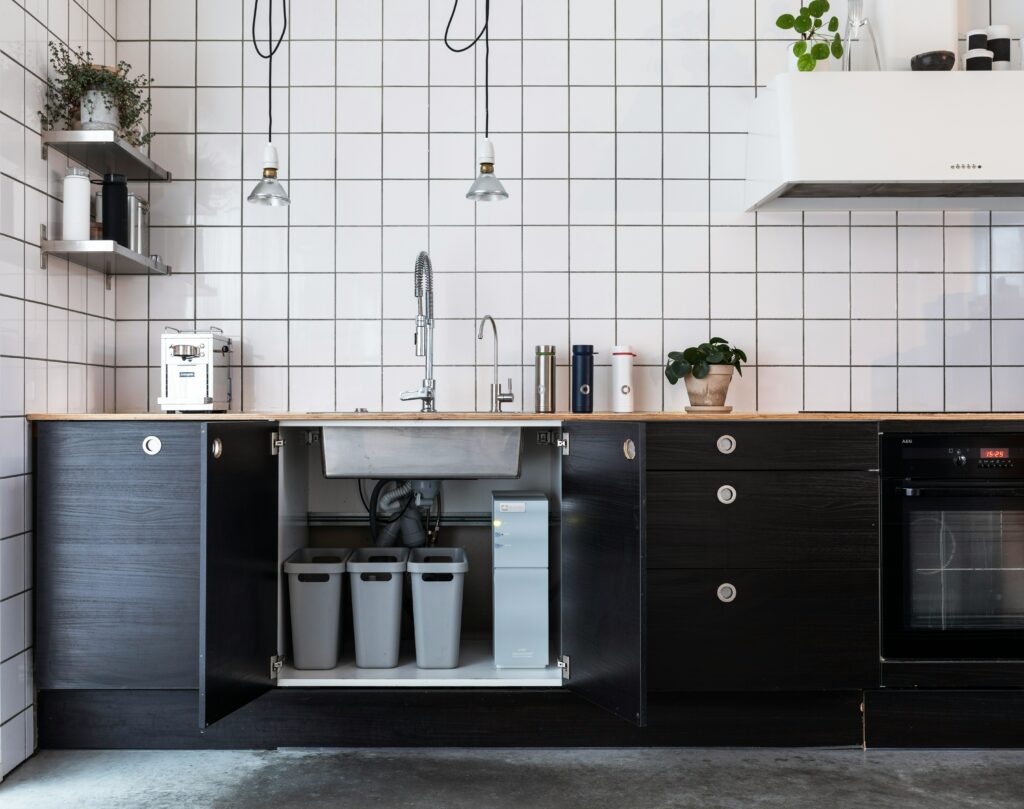Imagine turning on your tap and knowing that every drop of water is crystal clear, pure, and safe to drink. In today’s world, where water quality can be unpredictable, a water purifier is not just a luxury—it’s a necessity for your health and well-being.
By removing impurities and contaminants from your water supply, a water purifier ensures that you and your family enjoy clean, safe drinking water every day. In this blog post, we’ll focus on the best types of water purifiers for your home, helping you make an informed decision to protect your home’s HVAC system and your most precious resource: your health.
What Are Water Purifiers?
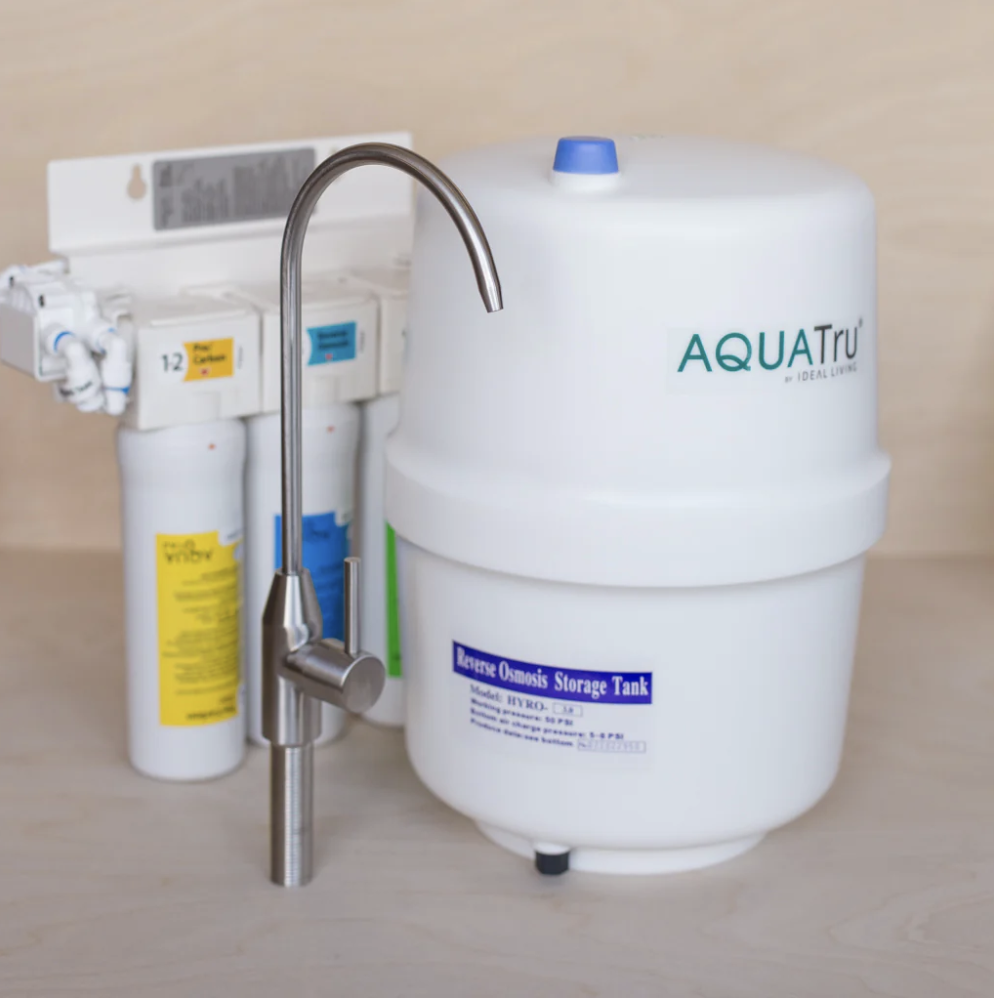
Water purifiers are essential tools in ensuring the safety and quality of your drinking water. But before we explore the different types available, let’s explore how they function. At their core, water purifiers use a variety of technologies to eliminate a range of contaminants, including bacteria, viruses, chemicals, and heavy metals, rendering the water safe for consumption.
The Purification Process
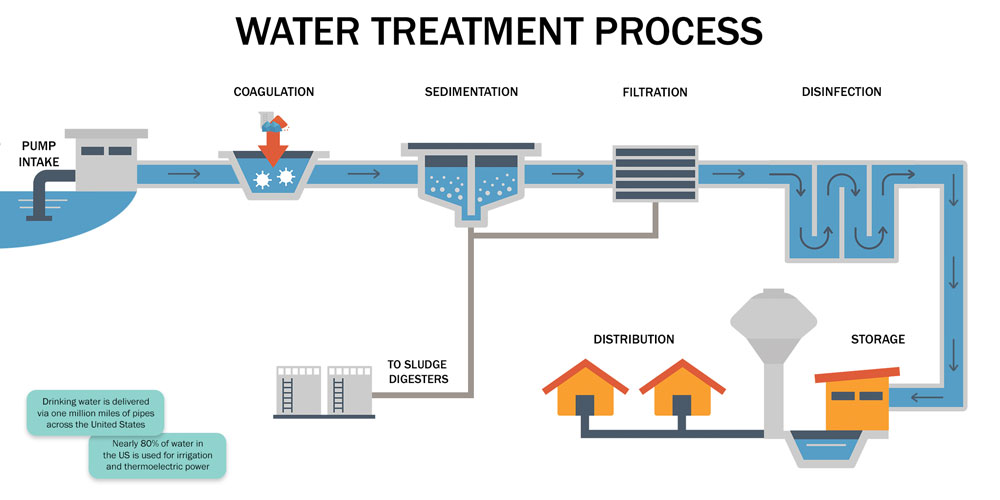
The purification process typically involves several stages, each designed to target specific impurities. For instance, a common first step is sediment filtration, which removes large particles such as dirt, rust, and sand. This is often followed by activated carbon filtration, a key component of many water filter systems, which absorbs chlorine, pesticides, and other organic compounds that can affect the taste and smell of the water.
Next, the water may pass through a reverse osmosis membrane or a UV light chamber. Reverse osmosis, a popular choice in water purifier Canada models, filters out dissolved inorganic solids like salts and metals. At the same time, UV purification uses ultraviolet light to deactivate microorganisms such as bacteria and viruses, ensuring they can no longer reproduce or cause harm.
Advanced House Water Filter Technologies
In addition to these standard processes, advanced water purifiers may incorporate additional technologies for enhanced purification. For example, some models include ion exchange resins to soften hard water by removing calcium and magnesium ions. Others feature post-filtration stages, such as remineralization filters that add essential minerals back into the water, improving its taste and health benefits.
Customization for Specific Needs
It’s important to note that the choice of purification technology should be based on the specific contaminants present in your water supply. For instance, if you’re dealing with high levels of heavy metals, a purifier with a strong reverse osmosis system might be ideal.
On the other hand, if bacterial contamination is a concern, a UV purifier would be more suitable. For households looking for a convenient solution, an under-sink water filter or a water tap filter system can provide easy access to purified water directly from the tap.
Types of Water Purifiers
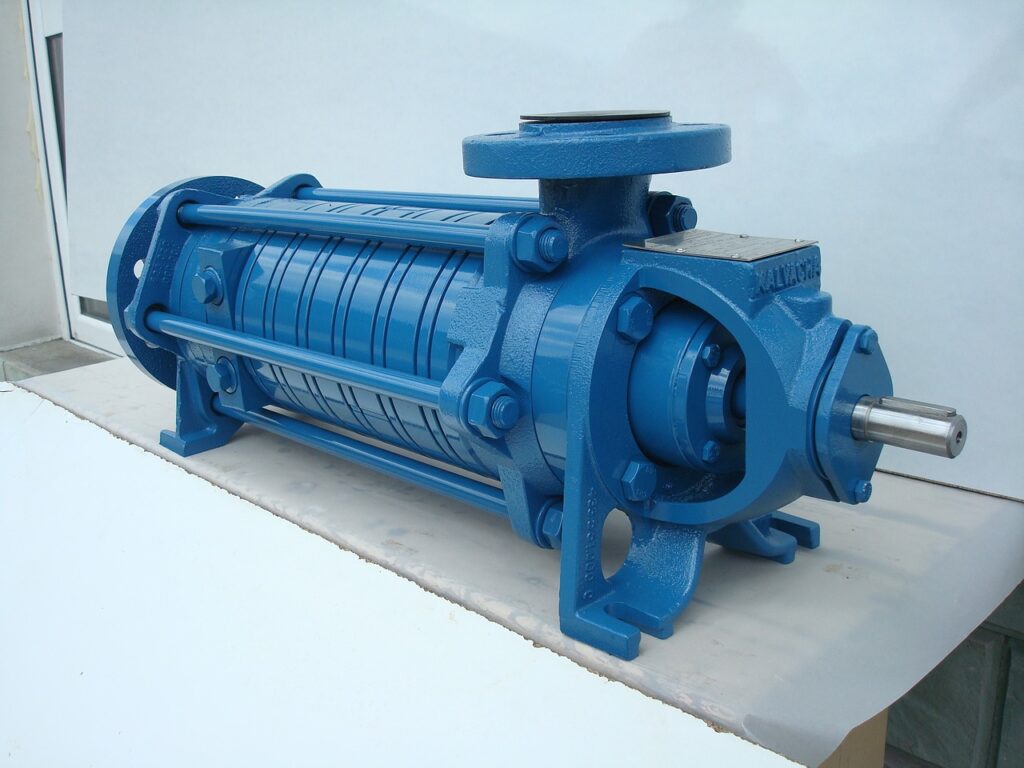
When selecting a water purifier for your home, it’s important to consider the different types available and how they cater to specific water quality issues. Here are some of the most common types of water purifiers:
Reverse Osmosis (RO) Water Purifiers
Reverse osmosis water purifiers are among the most popular choices for residential water treatment, including under-sink water filter systems. They use a semi-permeable membrane to remove a wide range of contaminants, including dissolved salts and impurities.
RO purifiers are effective in providing clean and safe drinking water, making them a top choice for many households. These systems are often combined with other filtration technologies to ensure comprehensive water purification.
Ultraviolet (UV) Water Purifiers
UV water purifiers use ultraviolet light to kill bacteria and viruses in the water, ensuring that the water is free from harmful microorganisms. These purifiers are ideal for areas where the water supply is prone to bacterial contamination. UV purification is often used in conjunction with other filtration methods to provide a complete water purification solution.
Activated Carbon Water Purifiers
Activated carbon water purifiers use a form of carbon with a large surface area, allowing it to absorb impurities and chemicals from the water. These purifiers are effective in removing chlorine, pesticides, and other chemical contaminants.
It helps improve the taste and smell of the water. Activated carbon filters are commonly used in both point-of-entry and point-of-use water treatment systems.
Gravity-Based Water Purifiers
Gravity-based water purifiers are simple, non-electric devices that use gravity to filter water through a combination of sediment filters and activated carbon filters. These purifiers are suitable for areas with low TDS (Total Dissolved Solids) levels and are an affordable option for basic water purification needs.
Sediment Filters
Sediment filters are often the first stage in a multi-stage water purification system. They are designed to remove large particles such as dirt, rust, and sand from the water. Sediment filters help protect the subsequent stages of filtration, ensuring their efficiency and longevity.
By understanding the different types of water purifiers and their functionalities, you can make a more informed decision when choosing the best water purifier for your home. Whether you need a robust reverse osmosis system or a simple activated carbon filter, there is a water purification solution to meet your specific needs.
Choosing the Right Water Purifier for Your Home

The choice of a water purifier depends on the quality of your water supply. If your water has a high level of dissolved impurities, an RO water purifier might be the best option for you and your HVAC system. For water with bacterial contamination, a UV purifier would be more suitable.
Space and Installation
Consider the space available in your kitchen or utility area. Under-sink water filter systems are a great option if you have limited space, as they can be installed out of sight. Alternatively, countertop models or water tap filter systems are easy to install and require minimal space.
Maintenance and Cost
Maintenance is an important factor to consider when choosing a water purifier. Some models require frequent filter changes, while others have longer-lasting filters. Consider the long-term costs and maintenance requirements before making a decision.
Integrating Water Purifiers with HVAC Systems
When considering a water purifier for your home, it’s crucial to consider its integration with your HVAC (Heating, Ventilation, and Air Conditioning) system. Clean water plays a vital role in the overall comfort and efficiency of your home environment, impacting not just your drinking water but also the performance of your HVAC system.
Impact on Humidifiers and Dehumidifiers
Many HVAC systems include humidifiers or dehumidifiers to maintain optimal indoor humidity levels. Using purified water in these devices can prevent the buildup of minerals and contaminants, ensuring they operate more efficiently and require less maintenance. This integration can lead to a more comfortable living environment and prolong the life of these components.
Enhanced Indoor Air Quality
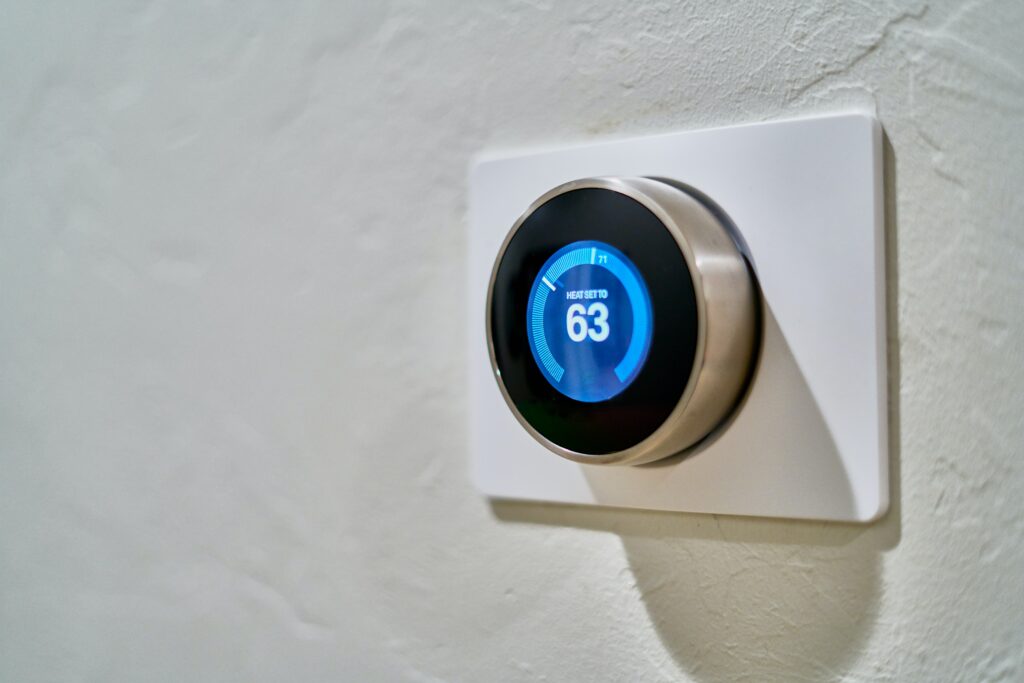
A high-quality water purifier can indirectly improve your home’s indoor air quality. By reducing contaminants in the water used by your HVAC system, you can prevent the circulation of impurities through your air ducts, leading to cleaner and healthier indoor air. This is especially important for individuals with allergies or respiratory issues, as it can significantly reduce the presence of allergens and irritants in the air.
Protecting Your HVAC Investment
Using purified water in your HVAC system can also extend the lifespan of your equipment. By minimizing the risk of scale buildup and corrosion in components like boilers and heat exchangers, a water purifier can help you avoid costly HVAC repairs and replacements, protecting your investment in your home’s comfort.
In addition, purified water can enhance the efficiency of your HVAC system. It can lead to lower energy bills and a reduced environmental impact.
Considerations for Water Purifier Integration
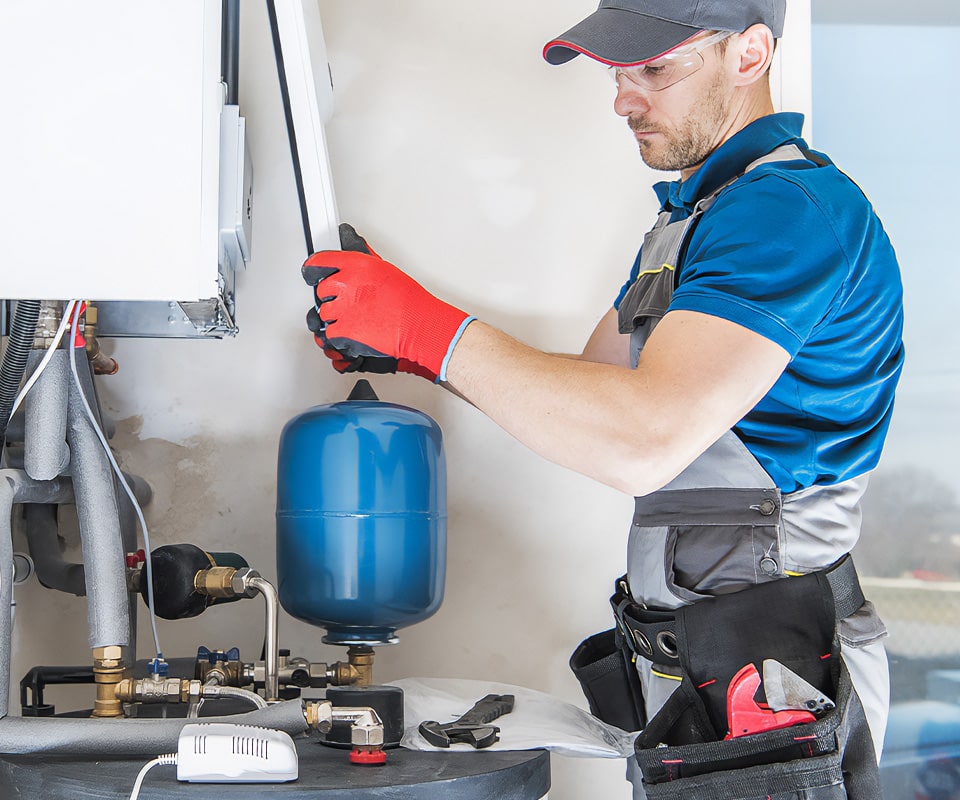
When integrating a water purifier with your HVAC system, it’s essential to consult with HVAC professionals who can advise on the best purifier water system for your specific needs. They can help you select a water purifier that complements your HVAC system and ensures seamless operation.
Additionally, regular maintenance of both your water purifier and HVAC system is crucial to maintain optimal performance. This way, you can prevent any issues that could arise from improper integration.
Enhance Your Home Comfort With HVAC Today
In conclusion, integrating a water purifier with your HVAC system can have numerous benefits, from improving indoor air quality to protecting your equipment and reducing maintenance costs. By considering the impact of purified water on your HVAC system, you can enhance the overall comfort and efficiency of your home environment.
Dynamic Heating and Cooling is here to help. Contact us today to learn more about our services and how we can ensure your home’s water and air quality are top-notch.
